
Perchè la fan culture?
Quando per la prima volta abbiamo affrontato questa domanda eravamo già tutte fan appassionate di qualcosa, membri attivi in svariate comunità online e attente fruitrici – ed estimatrici – di produzioni fandomiche (fanfictions, fanart, fanvideos) di varia provenienza.
Con gli anni il nostro interesse e la nostra conoscenza di questa sottocultura – che ormai non può neanche più essere considerata una sotto-cultura, come inizialmente postulato da Jenkins (1992) – si sono accresciuti, portandoci sempre più a capire il fondamentale impatto a livello culturale, sociale ed etico di un gruppo di persone in grado di lasciarsi coinvolgere dalle loro passioni e spesso trascinarle nel mondo, trovando in esse l’ispirazione per provare a renderlo migliore.
Per questo vogliamo parlare di fan: per dare loro l’importanza che crediamo meritino. Perché siamo convinti che ciò che li muove dentro e li rende tali sia anche quello che li aiuterà, nel piccolo delle loro comunità, a tentare davvero di fare la differenza.
Why fan culture?
When we first tackled this question, we were all already passionate fans of something, active members of various online communities and avid consumers – and admirers – of fandom productions (fanfictions, fanart, fanvideos) from various sources.
Over the years, our interest and knowledge of this subculture – which by now can no longer even be considered a subculture, as initially postulated by Jenkins (1992) – has grown, leading us more and more to understand the fundamental cultural, social and ethical impact of a group of people who are willing to really engage with their passions and drag them into the world, finding in them the inspiration to try and make it better.
This is why we want to talk about fans: to give them the importance we believe they deserve. Because we are convinced that what moves them inside and makes them fans is also what will help them, starting from their communities, make the world a slightly nicer and kinder place.
Suggerimenti di lettura by fanheart3
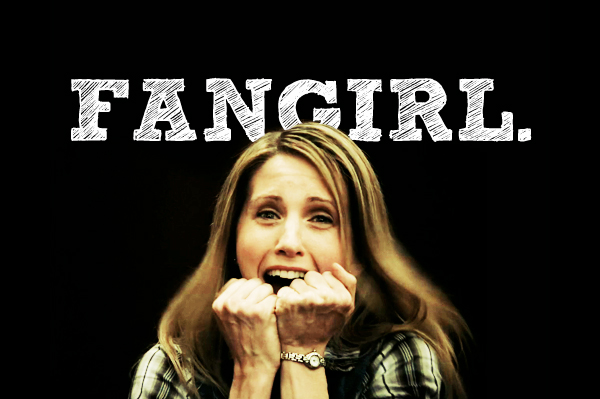
Fan culture, questo mondo sconosciuto…
L'articolo da cui tutto è iniziato...

Fan, etica e diritti: la Marvel cambia il mondo (e molto è merito del fandom)
Articolo che riflette su come i film della Marvel, attraverso la passione e l’operato dei fan, stanno sostenendo il cambiamento sociale attualmente in corso e che tocca da vicino le questioni civili ed etiche al centro della società odierna.
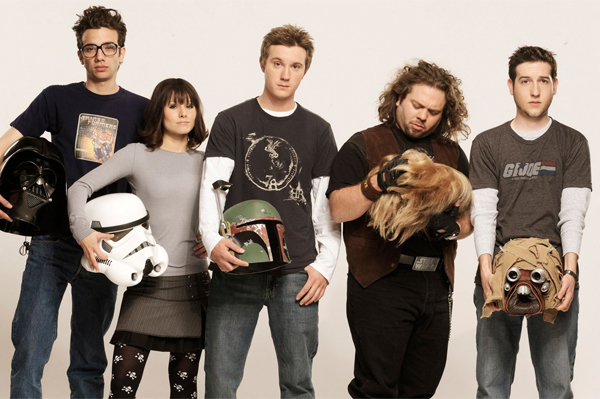
Ma perché non cresci? Processo ai fan “eterni bambini”
Vostro Onore, l’accusa è chiara. I fan, i cosplayers, quella gente strana che parla per acronimi e hashtag (OTP, #feels, ecc.), sono delle persone infantili, che si rifiutano di crescere e sono per giunta un pericoloso esempio per le generazioni più giovani. ...Ma è davvero così?
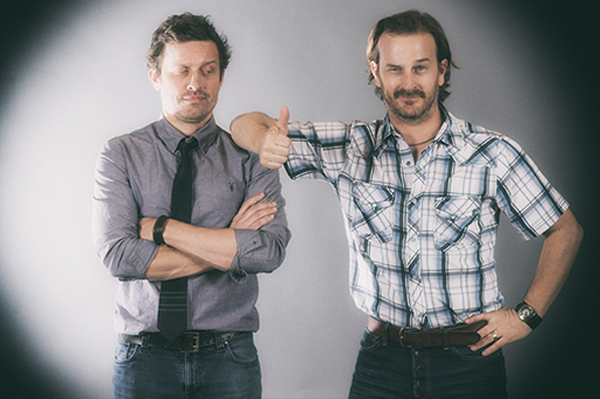
Kings of Con: il potere del Fandom e le nuove frontiere della produzione
Negli ultimi giorni siamo stati testimoni a più riprese dell’influenza e del potere decisionale che il fandom esercita su produttori e distributori in tutto il mondo. Riflettiamo assieme sulla questione attraverso la serie televisiva "Kings of Con"
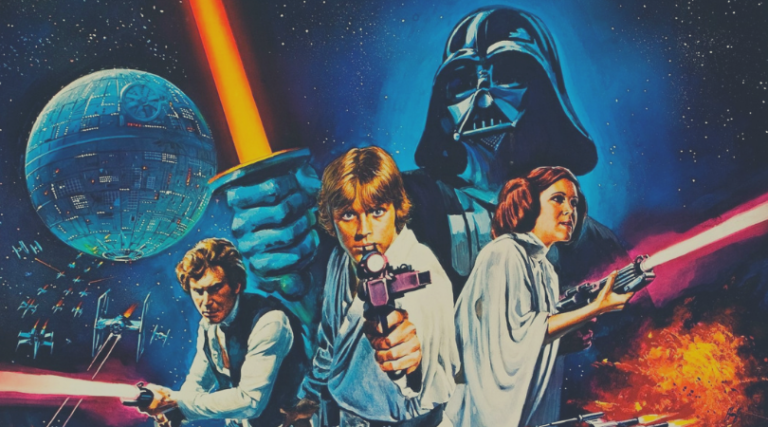
- Michelle Deveraux (Wired, 2005)
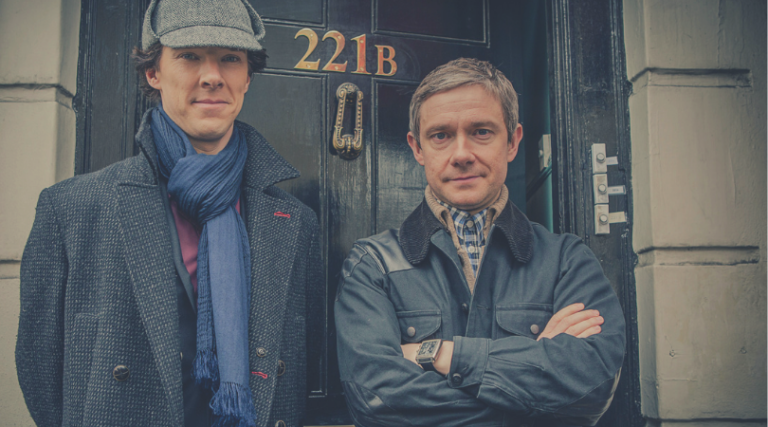
- Henry Jenkins, American media scholar and academic
!["This is why 'Black Panther' is so important, […] ensuring that our children get to see themselves as heroes, too. The world of “Black Panther” offers a rare opportunity for black children to see characters in a fantasy world who look like them, in a story that is not only black but depicts our lineage out of Africa" - Frederick Joseph, author of #BlackPantherChallenge (Huffington Post, 2018)](https://www.fanheart3.com/wp-content/uploads/2019/07/why-fan-culture-3-768x427.png)
- Frederick Joseph, author of #BlackPantherChallenge (Huffington Post, 2018)
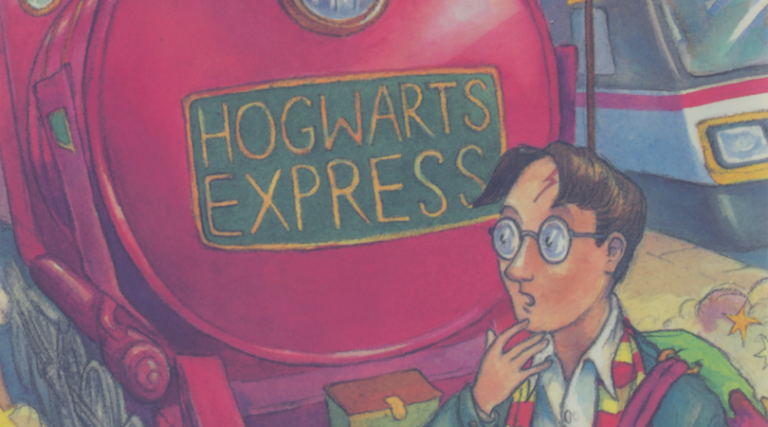
- From the Harry Potter Alliance's mission
!["[...] We believe that fanworks are transformative and that transformative works are legitimate. The OTW represents a practice of transformative fanwork historically rooted in a primarily female culture" - Organization for Transformative Works (OTW)](https://www.fanheart3.com/wp-content/uploads/2019/07/why-fan-culture-10-768x427.png)
- Organization for Transformative Works (OTW)
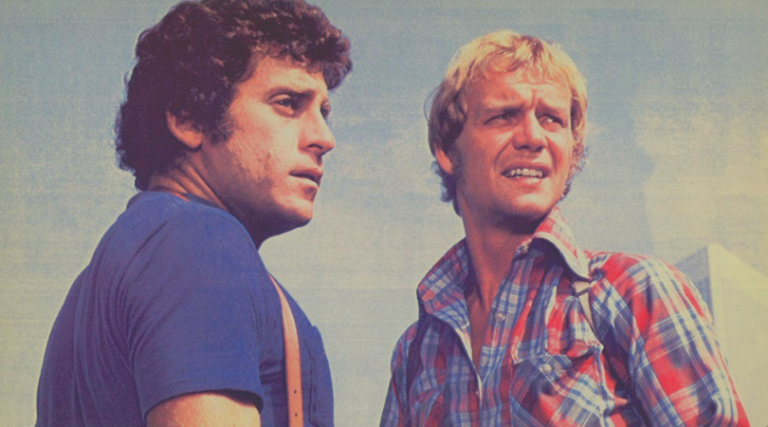
- Henry Jenkins (Textual Poachers, 1992)
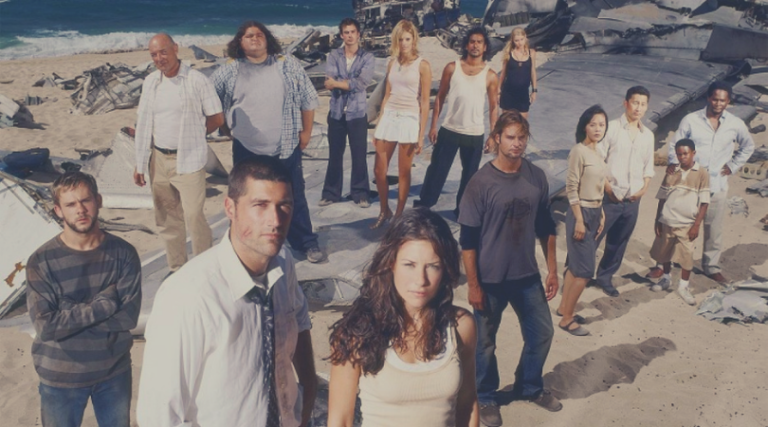
- Felicia Day, actress, writer and web-series creator
!["[...] remembering just how momentous the Lord Of The Rings trilogy was, and the lasting effect Peter Jackson's first Tolkien trilogy had on the entertainment industry. [...] they also kickstarted an evolution of the movies that we can really only truly appreciate with the benefit of hindsight" - Ali Gray (IGN, 2012)](https://www.fanheart3.com/wp-content/uploads/2019/07/why-fan-culture-8-768x427.png)
- Ali Gray (IGN, 2012)
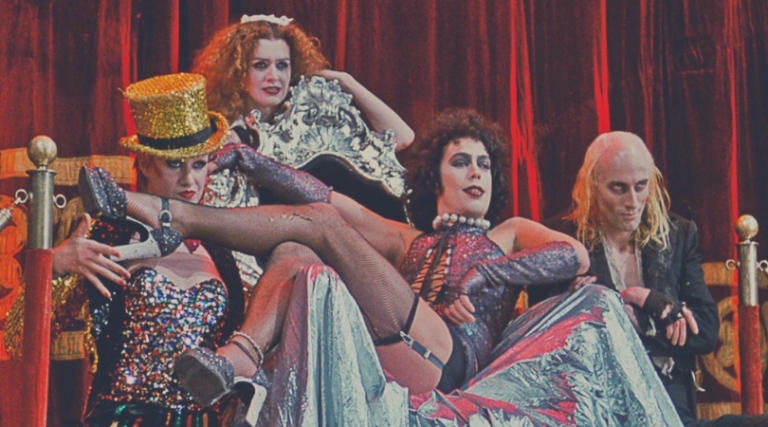
- Bill Wyman (Vulture, 2015)

- Henry Jenkins (Textual Poachers, 1992)
!["[...] the lives it's saved, the stories of people fighting their demons because Sam and Dean did, helping people move on from terrible losses, the fandom raising money for people in need [...] all that amazing stuff, to remind us of how we're a family, no matter what" - a fan. From Zubernis, Larsen (2014)](https://www.fanheart3.com/wp-content/uploads/2019/07/why-fan-culture-16-768x427.png)
- a fan. From Zubernis, Larsen (2014)

- Henry Jenkins (Textual Poachers, 1992)
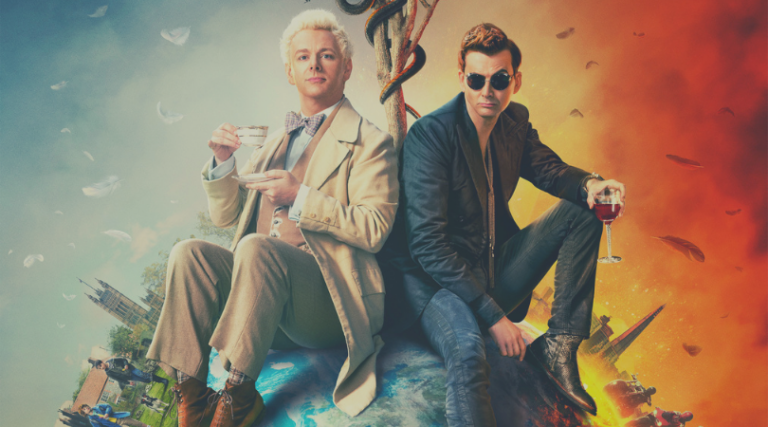
- Michael Sheen, actor and activist, talking about fans on his Twitter page
!["[...] being able to realize, unexpectedly, that I could bring together the academic version of me, i.e. the scholar, with parts of my identity that felt as though they had been there all my life, which was about being a fan. That was a huge transformative moment for me" - Matt Hills, professor of Journalism and Media and director of Centre for Participatory Culture](https://www.fanheart3.com/wp-content/uploads/2019/07/why-fan-culture-13-768x427.png)
- Matt Hills, professor of Journalism and Media and director of Centre for Participatory Culture
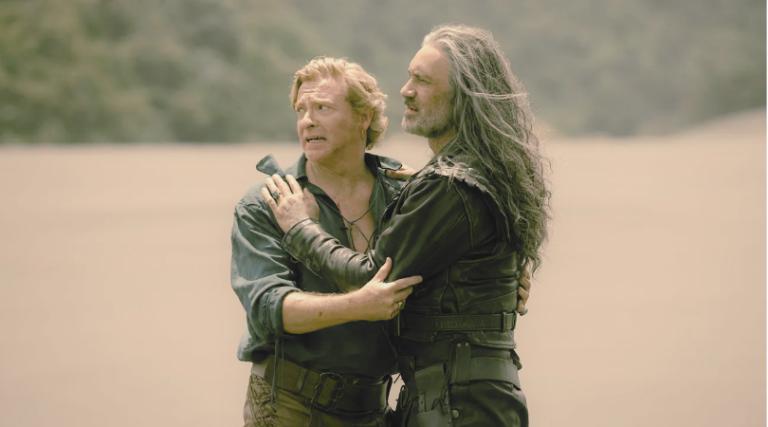
- Felicia Day